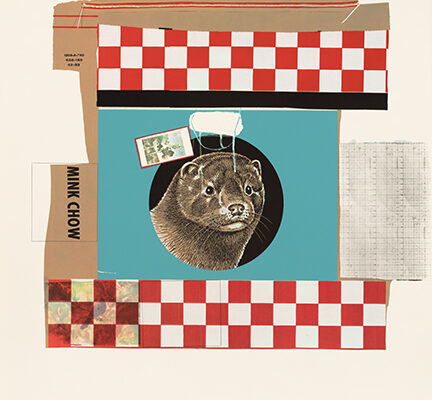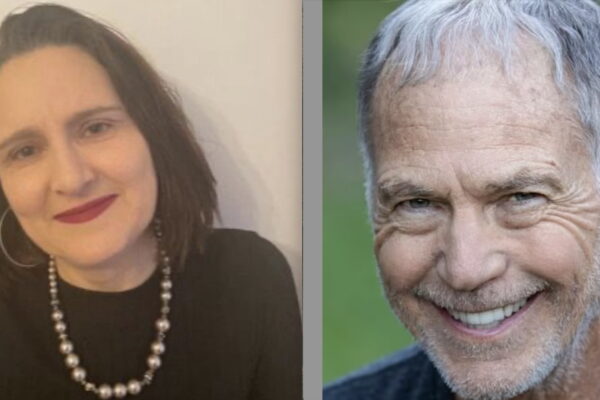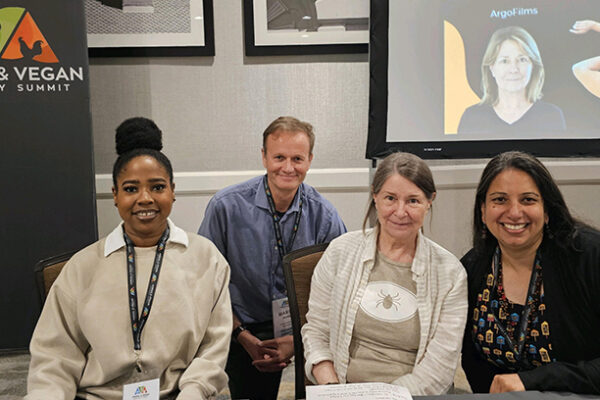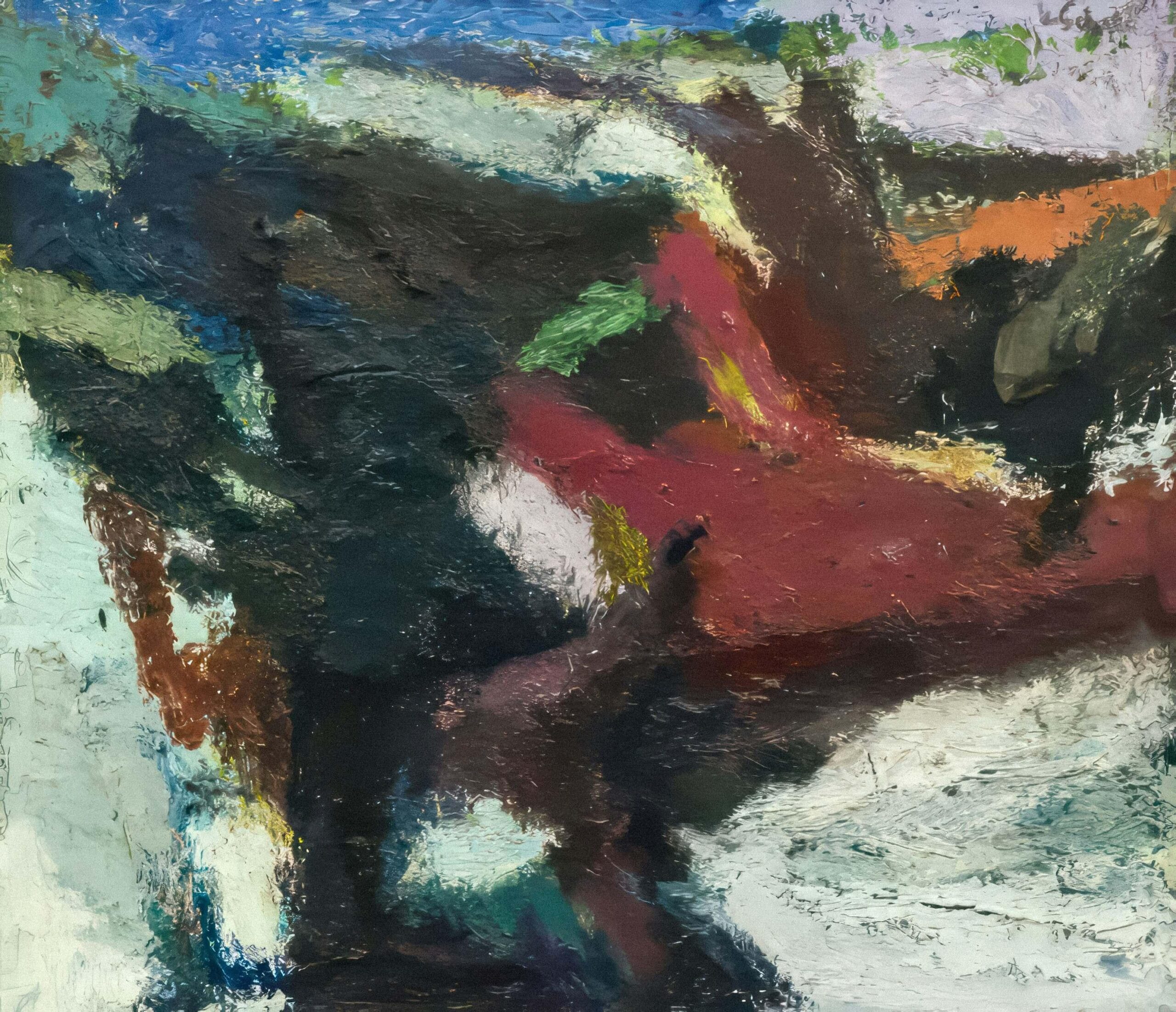CAF’s Executive Director Martin Rowe reflects on the death of Flaco the owl. Photo: Flaco Memorial in Central Park, February 2023. Courtesy of Amy Trakinski
You may have read about the recent death of the owl Flaco, who flew into a window in New York City that was invisible even to his keen eyesight. It’s a fate that affects up to a billion birds each year, as does light pollution. A 2019 New York Times story estimated that 160,000 birds annually are disorientated and endangered by the twin beams that soar into the sky during the weeklong commemoration of September 11, 2001. More lives lost to remember the lives lost.
How New Yorkers took to Flaco, the plucky outlaw and survivor, was heartwarming; I myself was stopped in my tracks during a long run by a sight of him in Central Park. That said, Flaco’s death reminded me of another Asian immigrant who’s never had even the semblance of freedom: Happy the elephant, currently languishing in the Bronx Zoo, and one of the last cases taken by the late Steven Wise of the Nonhuman Rights Project. If, as Michiko Kakutani‘s piece on Flaco suggests, the owl represents our wish for self-determination, freedom, and dreams come true, what does Happy’s ongoing solitary confinement tell us about our own comfort with locking up others, whether human or nonhuman, for years?
According to the Associated Press, “Flaco’s time in the sky began on Feb. 2, 2023, when someone breached a waist-high fence and slipped into the Central Park Zoo. Once inside, they cut a hole through a steel mesh cage, freeing the owl that had arrived at the zoo as a fledgling 13 years earlier.” In other words, Flaco was liberated by a lawbreaker. And yet when Wayne Hsiung removed ailing birds from a factory farm in California, he was convicted in December 2023 of a felony and two misdemeanors and sentenced to 90 days in jail, even though he had evidence that there was rampant illness on the farm.
The difference between Flaco and the ducks is not so much a matter of species as of what constitutes property, and to whom that property belonged—something Steven Wise dedicated his professional life to dismantling. Flaco was owned by the Central Park Zoo until somebody decided to free him. The Wildlife Conservation Society, which runs the joint, first tried to catch him (for his own benefit, of course!), and then gave up when it was clear that Flaco no longer belonged to them but to his fellow New Yorkers. The ducks were always going to be owned by the farmer, even though the flock were sick or dying, because they were destined for our dinner plates.
Happy “belongs” in the Bronx Zoo because she makes that fine institution enough money to more than pay for her keep and justify her confinement. Her freedom, the WCS and its supporters in the factory farming industry know very well, would potentially get people asking why Happy was not like Flaco, or the ducks, or pigs and cows—all deserving of their own taste of freedom, with all the risks and dangers that it might involve. Yet, she’s not going to be freed in the middle of the night. If somehow cut her loose, she’d be likely shot as a danger to the public, like other elephants who go rogue. As such, it’s difficult to see any ending that befits her name.




